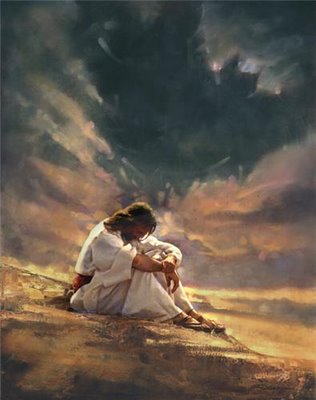 India's endangered species: baby girlsThe brides never had a chance to be born
India's endangered species: baby girlsThe brides never had a chance to be born
In Punjab, special prayers of thanks greet the birth of a boy… Girls are born into silence.
"People say, you have two girl children, you have done some sins in your past life…" Surinder Saini.Recent
research into India’s abortion by sex selection estimates that India has experienced a net loss of 10 million baby girls over the last two decades. This is stunning. Certain groups dispute the figure. But what is not disputable is the unusual gender balance in India. Estimated research is disputable, but empirical numbers are not.
Demographic studies across India show that, on average, there are around 900 girls for every 1,000 boys. In some provinces this figure dips below 800 for the girls, and sinking. Multiply this figure times the national number and the result is staggering.
Female devaluation not devastates girls, it hurts an entire society.
Jill McGivering aptly
notes:
All those years of prejudice against girls are finally coming back to haunt this society.
There is such an acute gender imbalance here that it is causing real social problems. Young men are coming of marriageable age, only to discover there is no one left for them to marry.
The young girls who would have been their brides never had the chance to be born…
In Haryana, a quarter of the female population has simply disappeared.
Inquiry into Rajasthan female feticidesPolice in the Indian state of Rajasthan have launched an investigation into 21 doctors who are alleged to have been involved in aborting female fetuses. But those persons truly invested in saving female lives say that this “police investigation” is just a smokescreen to cover up the real problem. They have no faith in the police or state politic on this issue, instead
pleading for the Central Bureau of Investigation to take up the cause.
"The police case is just an eye wash to delay the investigation. We don't have faith in the state agency. We want the CBI to investigate the scandal," Kavita Srivastva of the People's Union for Civil Liberties (PUCL) said.
According to the last census, Rajasthan has 922 females per 1,000 males. However, some districts have an even more dismal sex ratio.
Gory tale of Punjab's lost girlsIn Punjab, the government is investigating the “possible involvement” of state officials in setting up illegal clinics and ultrasound centers dedicated to female feticide.
Last week, a surprise raid by police and health officials unearthed a 30-foot well located behind a private clinic, which contained the remains of female fetuses.
The discovery provoked the ‘largest ever campaign against female feticide’ across the state's 23 districts; yet Virender Singh Mohi, the official who led the raid against the hospital, has received several phone calls with death threats – threatening to kill him if he continues the raids on private hospitals. In response, Mr. Mohi
notes the obvious:
"There are very strong and influential vested interests in keeping this illegal practice going...”
Darshan Kumar Singla, a local journalist in Patran,
says that although everyone is aware that female feticide is illegal, most people do not think anything about aborting a female child and trying again for a boy.
"Female feticide is rampant in all the small towns here. Most nursing homes do such work at night and everybody – the police, the health authorities and the civil administration – knows this is happening.
He says that people are sitting up and taking notice only because the fetuses in the well became too public to ignore, that the problem is so widespread and ingrained that laws cannot stop the practice – it only creates a booming black market.
The implication is that only a change in heart, a change in culture, will end the destruction. The system of dowry – and attendant ingrained devaluation of girls – feeds into deep greed in the parents’ hearts. It is common practice for parents to abort girls and try again for boys – even among those who otherwise might be against the practice of female feticide [in theory].
Pritam Singh, the owner of Sahib Hospital who is under arrest,
says, "The only thing that could really end this problem is a firm end to the system of dowry.”
Praying for a cultural change of heartBut, of course, ending dowry would mean a change in the hearts and minds of traditional Indian people. The India that Amy Carmichael found a few decades ago, where girls were devalued and fed into the crucible of ritual Hindu temple prostitution, lurks just beneath the surface of this debate.
When someone tries to make a difference, s/he is threatened with loss of life or vocation. Just ask Sam Thomas and the
Hopegivers orphanage in Rajasthan, where they’ve faced an incessant tide of threats, beatings, persecution, imprisonment, and illegal law manipulation in their effort to reach outcast girls and boys. Just ask the girl orphans of Emmanuel Hope Home who’ve faced attempted rape by Hindu authorities in Kota, Rajasthan.
The issue is serious and heartbreaking, and goes to the soul of Indian culture as surely as the practice of American abortion goes to the soul of our culture: the place where truth is exchanged for lies and innocents pay the price on the altar of human greed.
And here is where a devastating Indian practice reaches across the oceans and continents, and runs down the line of good and evil that pierces our own hearts.
We cannot truly stand for innocent Indian girls without also standing against something in our own cultural soul…
Selah.




















